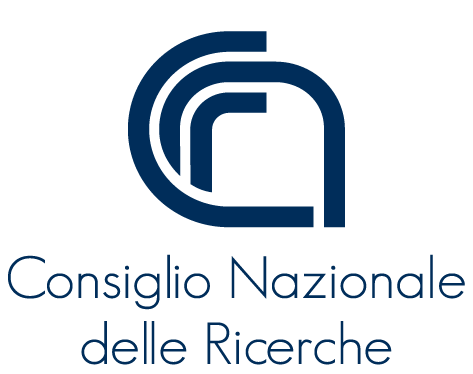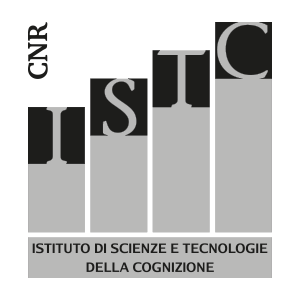The “Museo Virtuale della Musica BellinInRete” project has led to a lasting change in the fruition and valorization of the Bellini Museum of Catania and its heritage through the digital technology, developing a new communicative point of view of the material and immaterial heritage.
The BellinInRete project, financed by the Municipality of Catania from the funds of the Patto per Catania, has seen the institutional involvement of the Istituto di Scienze e Tecnologie della Cognizione del Consiglio Nazionale delle Ricerche di Catania and the Department of Humanities of the University of Catania under the Collaboration Agreements signed on 7 February 2017.
Virtual Museum
Design and creation of a new museum model in which technology and multimedia meet the narration of facts, objects and events that have characterized the human and artistic life of Vincenzo Bellini.
For further information click here
Web portal and coordinated graphics
Analysis and development of the Museo Bellini website
Design and creation of coordinated graphics
Heritage metadata
Recognition and cataloguing of archival and museum holdings (musical manuscripts, musical editions, correspondence, documents, posters and plaques, prints, photographs, art objects, furniture and furnishings, heirlooms, commemorative objects and medals).
Reconnaissance of the library heritage.
For further information click here
Digital edition of the Museum's letters of Vincenzo Bellini
XML TEI encoding of Bellini's missives in the Museum.
Visualisation through a customised instance of EVT (Edition Visualization Technology)
For further information click here
Knowledge Organisation
Analysis and development of ontologies of the Museum heritage according to the paradigms of Linked Open Data and Semantic Web.
For further information click here
Digitisation of valuable manuscript heritage
Acquisition with planetary scanner of the manuscript museum heritage.
Realisation of high-resolution photos of the historical-artistic heritage.
Museum renovation
Adaptation of the museum headquarters and the house where the artist was born, located in the 18th-century Palazzo Gravina-Cruyllas, a historic building in the centre of Catania.
Some of the project activities were carried out by students from the M.M. Lazzaro Art School in Catania in an alternating school-work scheme.





